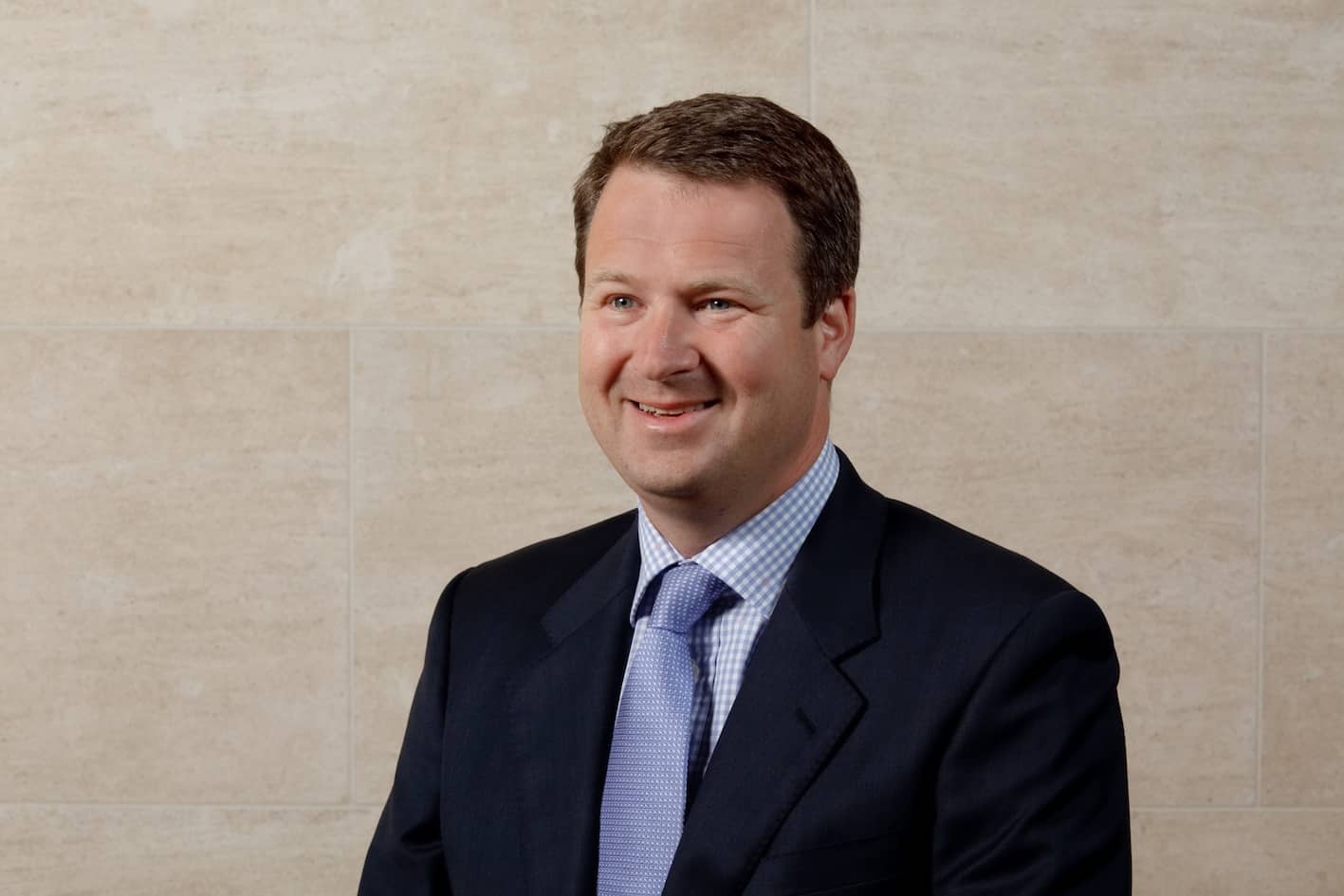What are the challenges for Asia-Pacific (APAC) hedge fund managers at present and why?
The issues facing APAC hedge fund managers are not too dissimilar to what is happening globally in the alternative asset management market. Data shows year-to-date APAC ex-Japan hedge funds are down 3.40%, and this performance is certainly a challenge. But this performance in APAC is broadly reflective of what is occurring elsewhere. Volatility in Europe is likely to increase, while there are obvious political risks in the US, which managers are preparing for. Given the performance in APAC, European and US capital is not really flowing into the region at present.
What are the opportunities for APAC hedge fund managers at present and why?
There are plentiful opportunities in APAC for funds of hedge funds despite the bearish sentiment more broadly. As many APAC managers are struggling to raise assets, this gives funds of hedge funds great opportunities to seed or inject acceleration capital into talented early stage managers at attractive rates. There is a need for smaller managers to be seeded and accelerated to gain critical mass. APAC managers are not as well supported as in the US or Europe even though there is probably more scope for alpha generation due to less crowding. APAC managers – who are generally smaller than their European and US counterparts – can execute niche trades without adversely moving markets against them. The market volatility in APAC – following events in China – also means that new managers are getting “battle tested” and have experience weathering turbulent market events. We believe such experience will make them more robust for future market events – both good and bad. I anticipate APAC hedge funds will become an attractive destination for capital amid the volatility and uncertainty in Europe following Brexit, but also the instability in some of the Southern European jurisdictions.
What is business critical to be a successful hedge fund or fund of hedge funds in APAC?
Asset raising in APAC is a challenging feat but it is by no means impossible. Experience and intricate, in-depth knowledge of local markets and how they operate and function is essential. A number of hedge funds from the US and Europe have come to APAC with inflated ambitions but without the pre-requisite understanding of the local market and its investors. As a consequence, they have struggled. Simply jumping on a plane once a quarter to Hong Kong or Singapore will not be conducive to raising meaningful assets or trading successfully in APAC. Having a local presence with personnel on the ground liaising with market participants and investors is a must if any chance of success is to be realised. As for funds of hedge funds, a presence in APAC is critical because it makes it easier to identify the most interesting managers earlier than the rest. This obviously benefits our own underlying client base.
How much investor appetite and interest is there in the region for APAC funds of hedge funds and single managers more broadly?
Regional (APAC) investor interest is reasonably muted for funds of hedge funds and single managers. This is because there is a lack of knowledge and understanding in the region about hedge funds and what they are. Many APAC investors are also quite conservative in how they invest their money. APAC high-net-worth investors are in abundance and reports indicate they have overtaken North America in terms of number. However, they are more attracted to property investing, real estate and private equity. Hedge funds have some work to do, while some investors still have negative perceptions of the asset class following the 1997 Asian Financial Crisis, and the perceived role of some managers during that. Efforts have been made in China through the Qualified Domestic Limited Partnership Programme (QDLP) enabling Shanghai high-net-worth individuals to invest into hedge funds but this is very early days. In terms of global investors, there is a reluctance to invest in APAC managers as it is viewed as a risky region. This is a bit of a misnomer given that nearly all of the recent macroeconomic and geopolitical risks have not stemmed from APAC.
Are you concerned about the growing clout of investment consultants and what differentiates funds of hedge funds from consultants?
We are not really concerned about the role of investment consultants. Investment consultants tend to advise large institutional investors such as pension schemes and insurance companies and generally guide them towards the blue chip hedge fund managers. Consultants do have limitations. They tend not to review performance thoroughly but simply adopt a “tick the box” mentality, particularly in terms of operational due diligence although we do see this improving. Some regulators including the UK Financial Conduct Authority (FCA) are scrutinising potential conflicts of interest arising at consultants where they provide fiduciary management for clients as well as advisory services. Funds of hedge funds do not have these inhibitors but rather will be focusing on niche and emerging managers, who tend to outperform, but also possess excellent operations and risk controls. I am confident investor interest in APAC will return, and funds of hedge funds will play a useful role in ensuring clients gain access to best of breed managers.
Client perspective: Asia a different beast for hedge funds
Marc de Kloe, managing director at Adamas Asset Management, a Hong Kong-based alternative asset manager with $600 million in Assets under Management (AuM) tells GC that opportunities are plentiful in Asia, but not to western funds who see it as an easy win.
